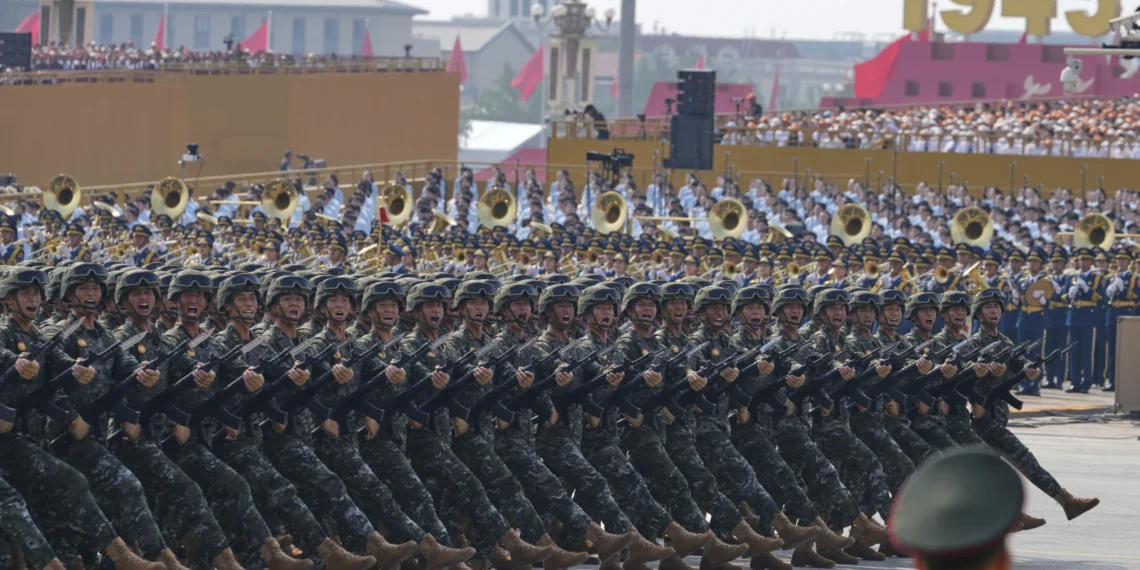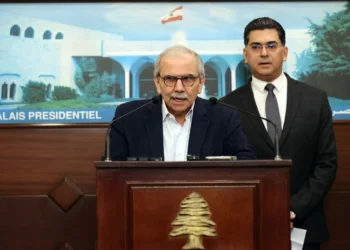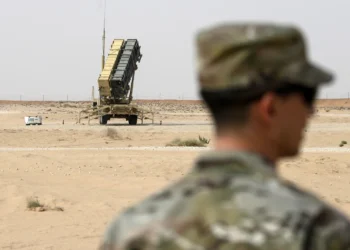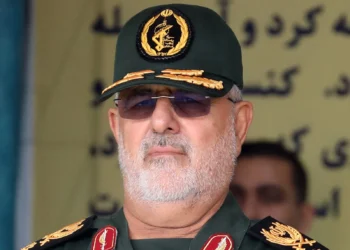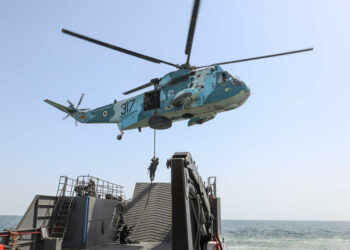BEIJING (Realist English). China marked the 80th anniversary of Japan’s surrender and the end of the Second World War with a grand military parade in the capital, a display that was as much about honoring history as it was about showcasing the country’s strength at a time of growing geopolitical strain.
The event brought together Chinese President Xi Jinping, Russian President Vladimir Putin and North Korean leader Kim Jong Un, prompting U.S. President Donald Trump to denounce their presence as a “conspiracy” against the United States. Trump questioned whether Xi would recall the scale of American aid during the conflict.
For China, however, the war’s memory remains inseparable from national identity. Hostilities began as early as 1931 with Japan’s occupation of Manchuria, escalating into a full-scale invasion by 1937. Japanese forces seized nearly a quarter of Chinese territory — over 2 million square kilometers, home to a third of the population. Occupied areas were subjected to brutal terror campaigns, most infamously the Nanjing Massacre, where between 50,000 and 300,000 civilians were killed.
China’s overall losses are estimated at 20 to 35 million lives, rivaling the Soviet Union’s 27 million, placing the country among the hardest-hit nations of the war. Despite its weakened army and the scars of civil conflict, by 1945 China had tied down over one million Japanese troops, playing a decisive role in draining Japan’s strength on land. September 3 is commemorated as Victory Day over Japan.
The war’s outcome reshaped China’s destiny: in 1945 it secured a permanent seat on the UN Security Council with veto power; by 1949, after the civil war, the nation (with the exception of Taiwan) was unified under Communist rule. Following the turbulent Mao era, China’s reforms from the 1980s propelled it into accelerated development, bringing it into direct competition with the U.S. for global preeminence in the 21st century.
Saturday’s celebrations thus served both as a tribute to millions who perished and as a symbolic reminder that modern China was forged in the crucible of war and sacrifice. Today, Beijing wields that history as a pillar of its global political capital.


